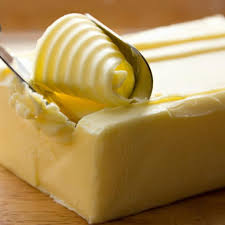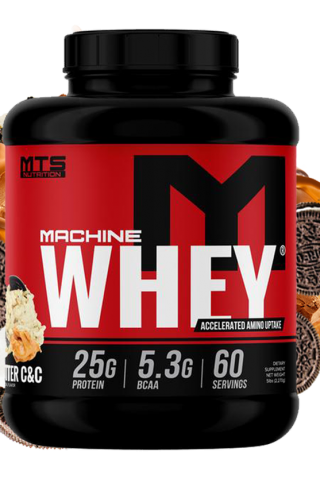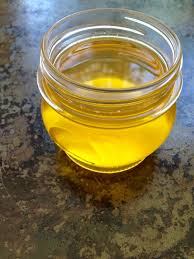Margarine is a generic term for identifying dietary fats of vegetable origin used in place of butter.
Its name derives from the discovery of “marginal acid” by Michel Eugène Chevreul, in 1813, who thought he had discovered one of the three fatty acids that formed animal fats, but, in 1853, it was discovered that that acid was just a combination of stearic acid and palmitic acid.
In 1860, Emperor Napoleon III of France offered a reward to anyone who could find a satisfactory and cheaper substitute for butter, for the lower social classes and for the army. Then, in 1869, the chemist Hippolyte Mège-Mouriés invented a substance he called oleomargarina (later margarine), which he prepared with cow fat, which he extracted the liquid portion under pressure and then allowed to solidify; in combination with butyrin and water it is a substitute for butter, with a similar flavor.
The name of the word margarine comes from the Greek μαργαρον (margaron) which means pearl (due to the pearly aspect presented by the new invention). With the emergence of hydrogenation and, through various researches and technological advances, the product started to be manufactured on a large scale. Today, in Brazil, margarine is classified as a water-in-oil emulsion (the water droplets are distributed in the oil phase).
Only logged in customers who have purchased this product may leave a review.




Reviews
There are no reviews yet.